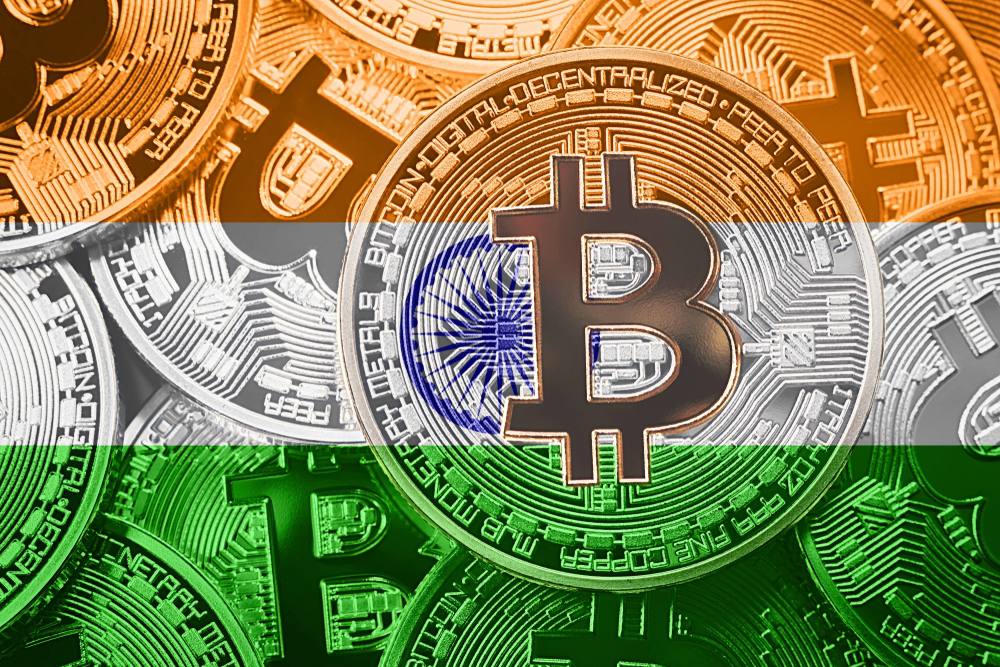The recently introduced digital currency from India’s central bank (the digital Rupee) is currently conducting a series of experiments. Offline testing of the digital Rupee is currently taking place to evaluate its functionality.
This information was made public by Ajay Kumar Choudhary, who serves as the executive director of India’s Reserve Bank. The RBI, India’s central bank and national regulatory agency, started the wholesale part of the digital Rupee pilot program last November.
This pilot program had as many as 50,000 users and 5,000 merchants as participants. As of last month, over $134 million and 800,000 transactions had been accomplished through wholesale CBDCs.
Analyzing CBDC’s Offline Performance
Choudhary noted that due to this achievement, the Central Bank of India is analyzing how well the Central Bank’s Digital Currency is operating offline. During a recent interview, the executive director revealed that the Reserve Bank of India is looking into the prospect of using the digital Rupee to make international payments and connectivity with the legacy financial systems of other nations.
In addition to this, he noted that the regulatory body is now planning how the private sector and financial technology will engage with the CBDC shortly. The body will carefully monitor their contribution, whether made online or offline and how the CBDC cross-border transaction will work in that context.
In addition, Choudhary, speaking on behalf of the RBI, stated that the Central Bank Digital Currency would soon become the medium of exchange. According to him, it has all the properties of a real currency, including privacy.
India started the central bank digital currency project to improve financial inclusion in the region and lead the way in the digital economy. Choudhary also stated that the digital Rupee would replace cryptocurrencies in the long run.
New Development On India’s Payment Network
The unified payments interface (UPI), India’s national payment network, added services in Singapore last month. With the UPI PayNow integration, people from India and Singapore can quickly send money to each other seamlessly.
Outbound transfers will initially be supported by four major Indian financial institutions: Indian Overseas Bank, State Bank of India, ICICI Bank, and Indian Bank. Axis Bank and DBS Bank India will process foreign exchange transfers.
Liquid Group & the DBS Bank of Singapore would provide services to customers in the region.
